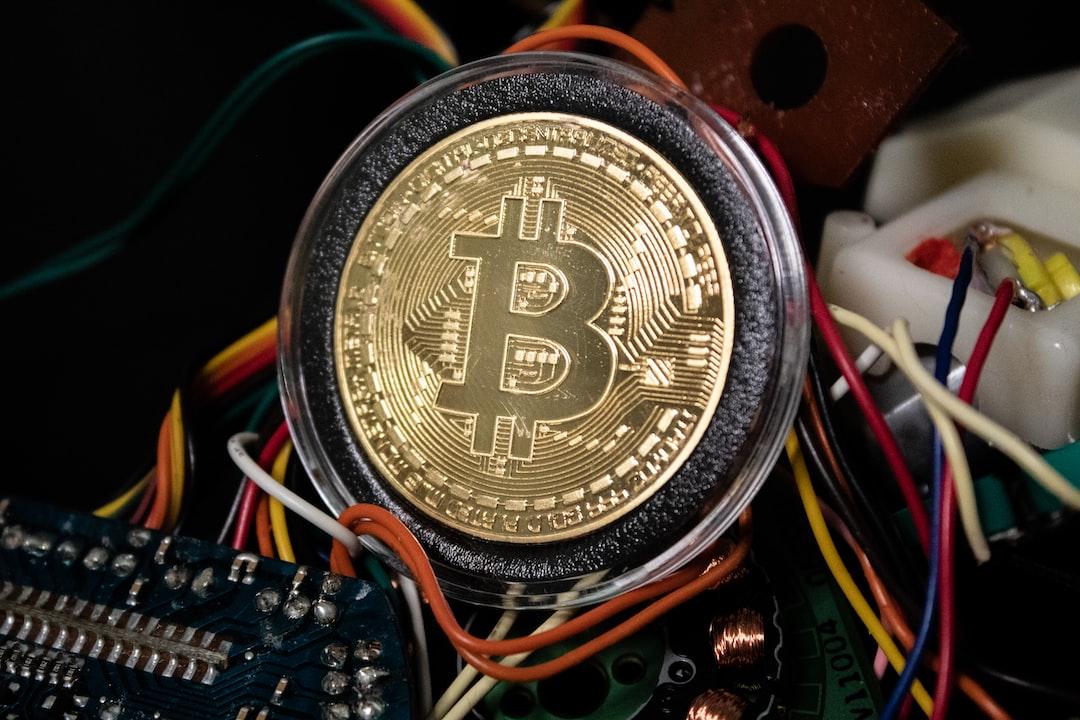EIP-7702: Simplifying Smart Contract Integration for a United Community
In the world of Ethereum, where Ethereum Improvement Proposals (EIPs) often ignite passionate debates and discussions, one proposal stands out as a potential game-changer. EIP-7702, proposed by none other than Ethereum co-founder Vitalik Buterin and his collaborators, offers a fresh approach to address the challenges faced by previous proposals like EIP-3074.
At its core, EIP-7702 aims to enable Externally Owned Accounts (EOAs) – standard Ethereum addresses – to temporarily function as smart contract wallets during a transaction, seamlessly restoring their original state afterward. This innovative solution has garnered enthusiastic responses from the Ethereum community, especially after facing obstacles with previous proposals that required significant changes to the Ethereum Virtual Machine (EVM) and additional infrastructure setup.
One aspect that excites the community is EIP-7702’s forward compatibility, eliminating the need for extra opcodes and infrastructure for an ‘invoker contract.’ This simplifies the process of integrating smart contract functionalities into EOAs, a sentiment that resonates with many.
But what sets EIP-7702 apart from its predecessors is its ability to foster unity within the community. References to past proposals like EIP-4337 and EIP-5003, which aimed to address similar concerns but fell short, highlight the significance of EIP-7702’s arrival. It has the potential to bridge the gap between different factions within the account abstraction community, promoting consensus and collaboration.
However, as with any significant change, EIP-7702 is not without its considerations. The integration of contract code during transaction execution brings both benefits and challenges. While it enables on-chain validation of signatures through mechanisms like ERC-1271, it also raises concerns about the compatibility of decentralized applications (dapps) that discriminate against contracts.
In conclusion, EIP-7702 continues to gain support and scrutiny from the community, with many believing it has a promising future for decentralized finance and beyond on the Ethereum platform.


